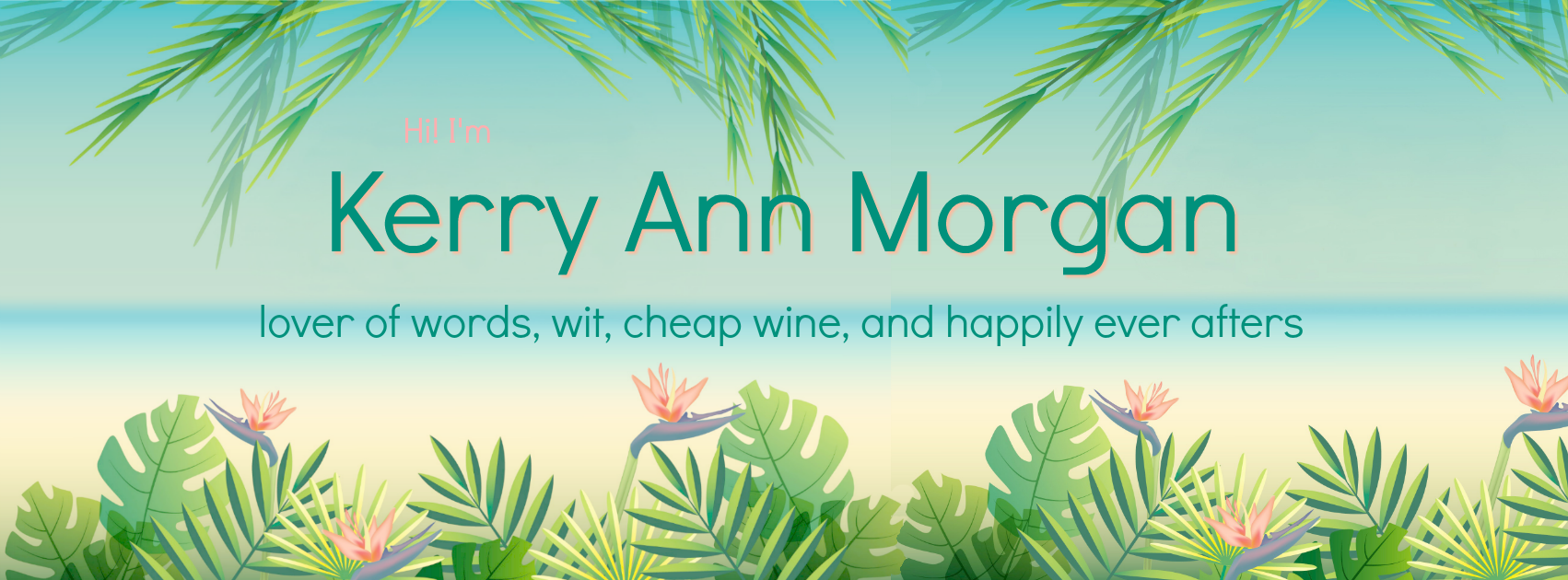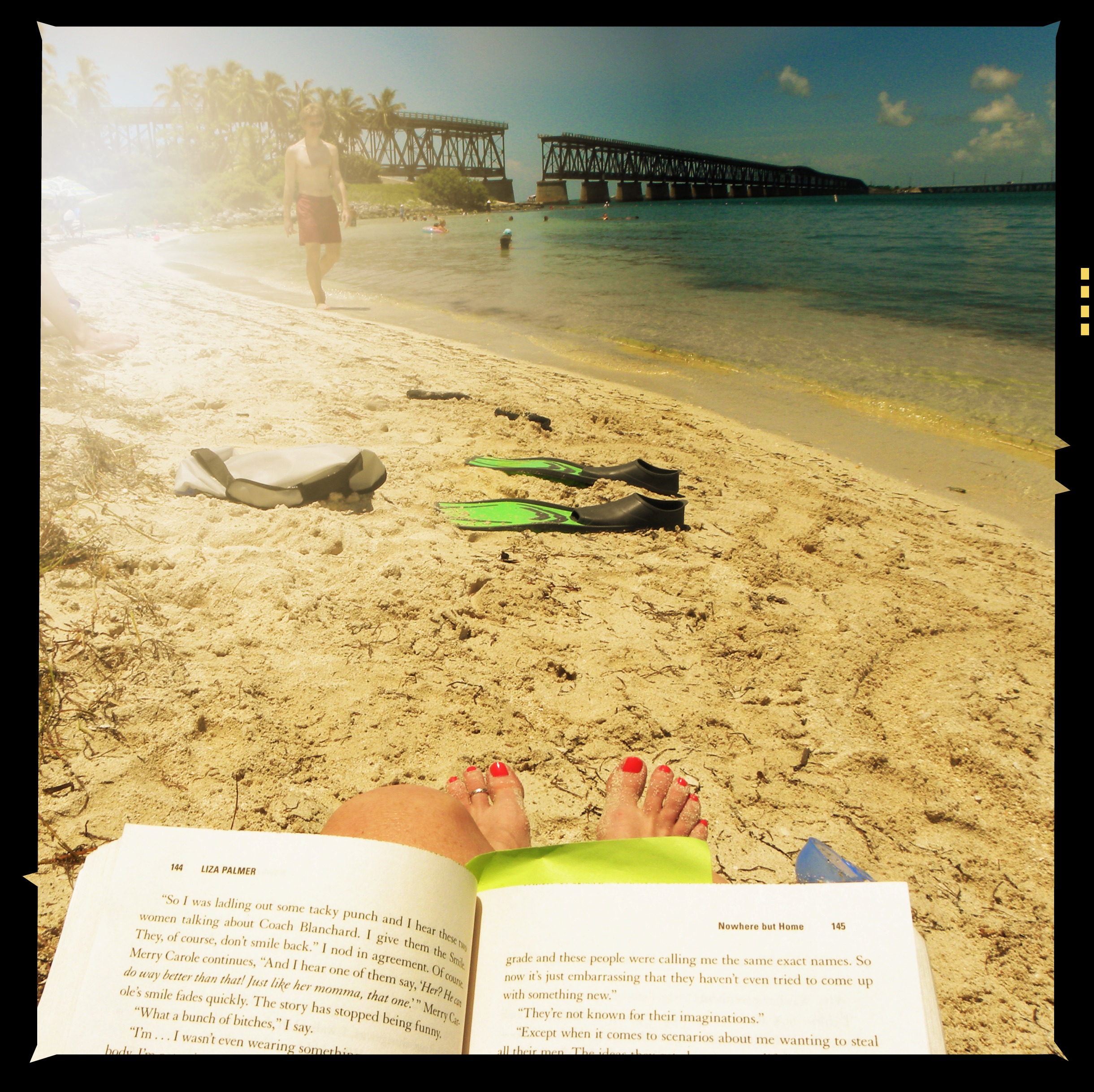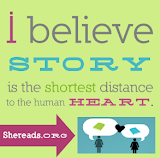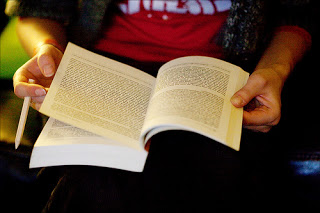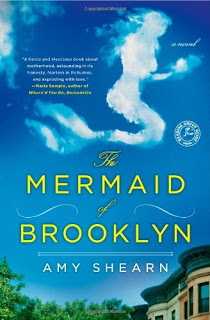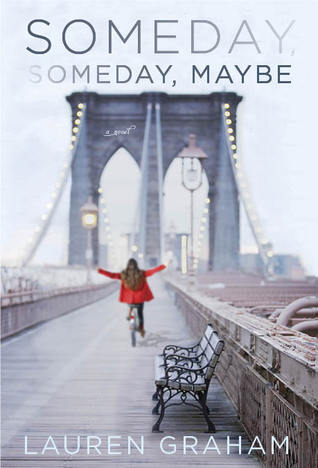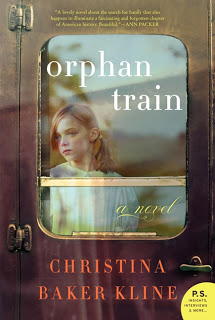While on vacation last month, I ate up Liza Palmer’s Nowhere but Home. Though not the typical beach read, I savored each word as I relaxed in the Florida Keys. The book came out in April, I read it in August, and I’m just reviewing it in September. (How the hell is it September already?) Slap a slacker sticker across my forehead. I’ve been so sucked into my own writing that my eyes go blurry at the end of the day. My books backlog is ridiculous. My reviews—overdue. Mea culpa. But I just couldn’t forget this story.
From the back cover:
Nowhere but Home 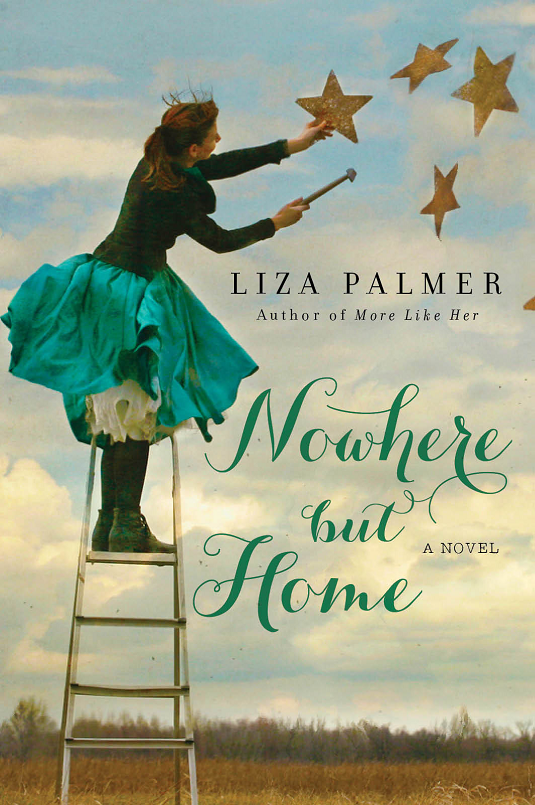 by Liza Palmer
by Liza Palmer
The strategy on the gridiron of Friday Night Lights is nothing compared to the savagery of coming home . . .
Queenie Wake has just been fired from her job as a chef for not allowing a customer to use ketchup . . . again. Now the only place she has to go is North Star, Texas, the hometown she left in disgrace. Maybe things will be different this time around. After all, her mother—notorious for stealing your man, your car, and your rent money—has been dead for years. And Queenie’s sister, once the local teenage harlot who fooled around with the town golden boy, is now the mother of the high school football captain.
Queenie’s new job, cooking last meals at the nearby prison, is going well . . . at least the inmates don’t complain! But apparently small-town Texas has a long memory for bad reputations. And when Queenie bumps into Everett Coburn, the high school sweetheart who broke her heart, she wishes her own memory was a little spottier. But before Queenie takes another chance on love, she’ll have to take an even bigger risk: finding a place to call home once and for all.
********************************
First off, this cover doesn’t do the book justice—though it’s pretty and charming, the story is far more Texas grit than fluff. As always, Liza Palmer’s characters are irreverent, a little rough around the edges, bitingly funny—and all the more gripping because of that. If you’ve read any of her other books, you know that she delves into some deep stuff—the cover of More Like Her may feature three chicks in heels, but the story starts with a shooting. Grit lit, not chick lit.
In Nowhere But Home, Queenie Wake slinks back to North Star, the tiny town she’d fled years ago trying to escape from her shame and herself. The mean girls from her past might be married with kids, but as they grew older, their claws grew sharper. They won’t let Queenie forget how her mama was shot dead by her best friend after being caught in bed with her husband. The small-town social hierarchy painted Queenie and her sister as trashy, no-good, tramps, too—even if the women are anything but. In a town overflowing with dirty little secrets, Queenie must learn that she can’t outrun the past, and sometimes, holding onto your roots can set you free.
A couple of plot twists into the story, Queenie accepts a rather unusual culinary position—cooking last meals for convicts about to be executed. Cheerful job, right? But someone has to do it. Queenie takes the job seriously, working tirelessly to recreate each prisoner’s request, down to figuring out where in Mexico one man’s grandmother came from so she could make the proper type of tamale. The details of the requests—from a meal that read like a Mexican Christmas dinner to the significance of a pack of Skittles—got me thinking.
What foods would I want to savor, knowing I was about to die? Which foods would bring me comfort, draw blissful memories, transport me to a time and place far from the fear of death?
(A difficult subject to ponder while staring into turquoise waters in a picture postcard setting.)
My first thoughts drifted to foods from my travels: the crepes a la Florentina from a cozy trattoria in Florence, the near perfect tortellini in white sauce savored while overlooking a Venetian canal, the delicate lemon cake from my wedding night in Rome. All recipes I’ve been unable to recreate, all foods that set my taste buds in a tizzy as I reminisce . . . all hoity-toity delicacies that represent a part of my life I want to relive, but not who I really am.
After hours of thought, I figured it out.
Veal cutlets, mashed potatoes, Le Seur canned peas, onion gravy. My family’s traditional sage stuffing. My mom’s caramel brownies with a side of mint chocolate chip ice cream. Beverage . . . I don’t think they’d let me have any chardonnay, so . . . root beer?
I grew up eating this simple meal. (Okay, the stuffing went with turkey on holidays, but dammit, it’s my last meal. It sops up gravy perfectly.) I still make it regularly. We call it comfort food, as in: “What’s for dinner?” “Comfort food.” And we all know exactly what’s on the menu. When I’m sick, when I’m sad, when I just don’t want to eat anything, this always makes me feel warm inside.
Guess that fits the bill.
As for the book—Nowhere but Home is rich, satisfying, and will leave you cheering for the disreputable Wake girls. Buy it. Read it. You’ll laugh, shed a tear or two, and get really hungry.
- Nowhere but Home
- by Liza Palmer
- William Morrow/HarperCollins; 384 pages
- LizaPalmer.com | twitter | facebook
{psst—you can find my final request recipes for Mom’s Magic Caramel Brownies here and the Traditional Sage Stuffing here…good stuff…}
Your turn—what foods would you choose to fill not only your gut, but your heart? What would be your last meal?
{Okay, technically a book review isn’t PYHO material, but the deep thought involved with last meals certainly took a lot of thought and heart to write.}
